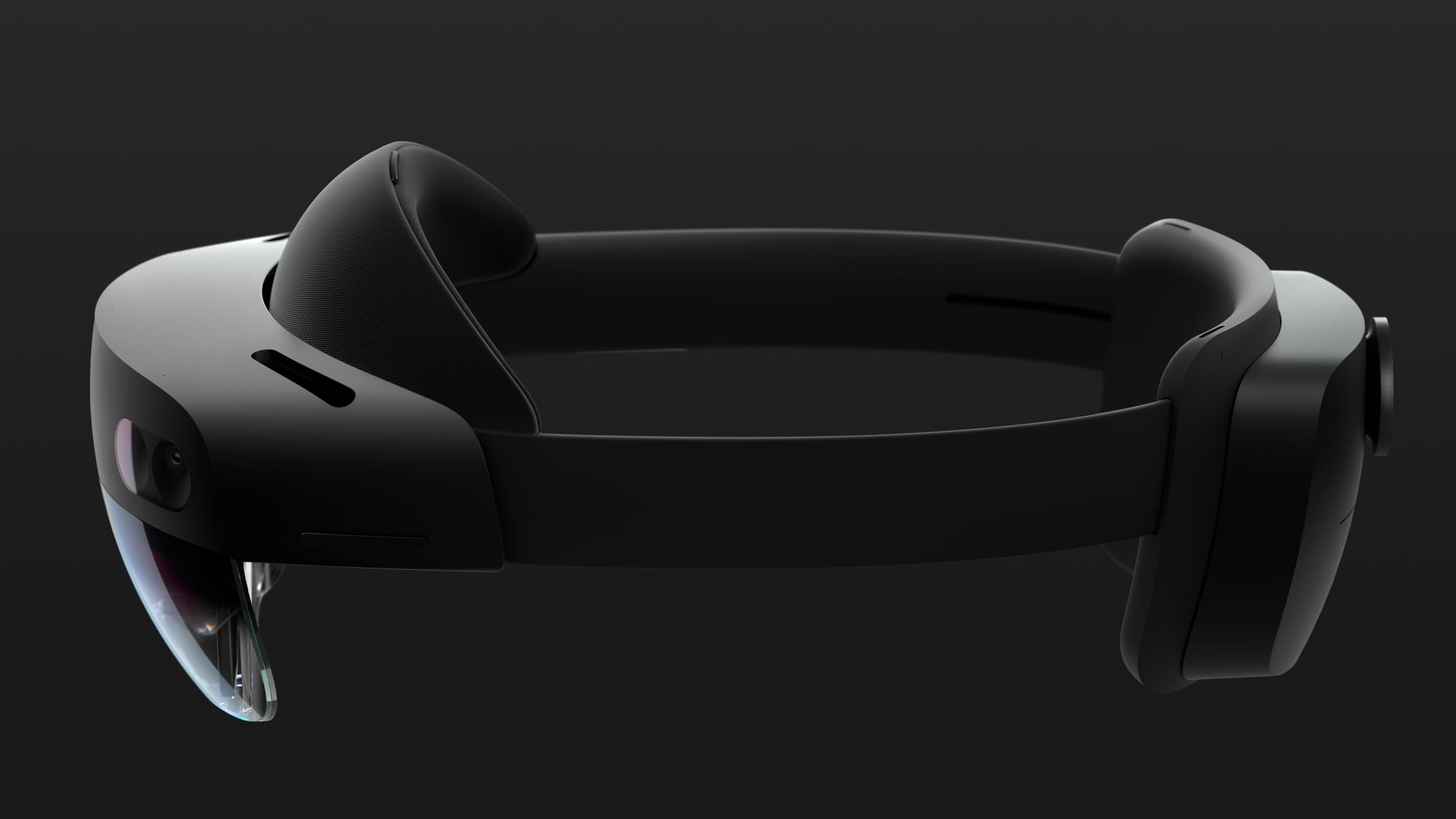
Microsoft is planning to discontinue its mixed reality HoloLens 2 headsets, according to a report from UploadVR. Production on the HoloLens 2 is ending, and sales will cease when stock runs out.

Security updates will be provided until December 31, 2027, but after that point, Microsoft plans to end software support for the HoloLens 2.
Microsoft was one of the first companies to delve into mixed reality technology, and it introduced the original HoloLens in 2016, following up with the HoloLens 2 in 2019. The HoloLens headsets have always been expensive and Microsoft has targeted them to enterprise customers rather than the general public.
At the current time, Microsoft does not appear to have plans for another HoloLens headset. There were rumors of a version three back in 2022, but work was reportedly canceled due to a lack of focus and internal hardware development challenges. Microsoft has also been downsizing its mixed reality team in 2023 and 2024.
Microsoft does apparently plan to continue supporting its HoloLens IVAS, which stands for integrated visual augmentation system. It is an AR headset that Microsoft is creating for the U.S. Army, and it is set to be tested in early 2025 to determine its feasibility for full-scale production.
As Microsoft has been winding down its work on the HoloLens, it has partnered with Meta to bring Xbox Cloud Gaming and its Office apps to the Quest headsets, and it is also working on Windows 11 integration with the Quest.
Apple's Vision Pro headset has been marketed to both consumers and enterprise customers unlike the HoloLens, but it currently shares some of the same shortcomings, such as a high price tag. Apple is not yet ready to abandon mixed reality, and there is another version of the Vision Pro in the works. A second AR/VR headset could come as soon as 2025.
Article Link: Microsoft Discontinuing Mixed Reality HoloLens 2 Headset

